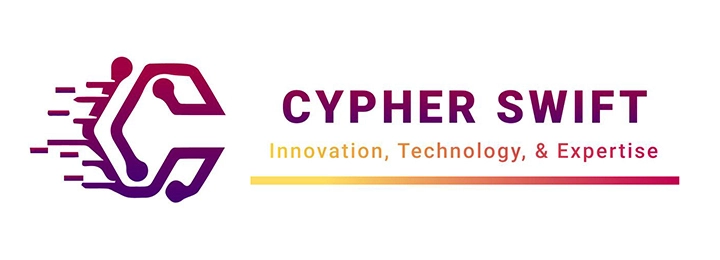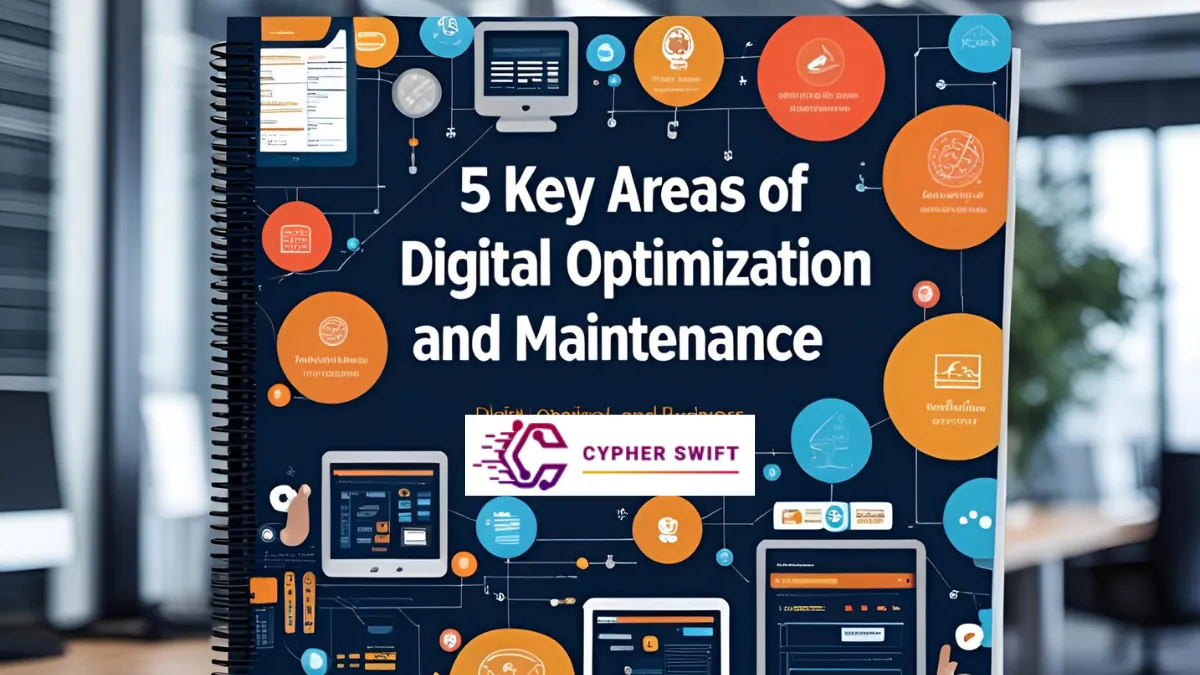February 12, 2024
Top 5 eCommerce Frameworks for Startups and Retailers
Build a scalable, secure, and feature-rich e-commerce store
A great e-commerce framework or platform helps you create and run an online store in a hassle-free way. You can create unique and feature-rich websites for your store through the platform. By selecting the right framework, it's easy to set up an SEO and user-friendly e-commerce website with secure payment processing options.
You can also integrate your store with shipping software, social media channels, and tools to rank better on the search engine. In this post, we'll list the top 5 e-commerce platforms on which you can create your business website.
Essential Features of a Good E-Commerce Framework
Before delving into the best frameworks for e-commerce, let us identify what makes a platform advantageous. Here are the key factors to note when selecting a platform.
Cost: The initial cost of creating a functional e-commerce store on a platform should be competitive. You should be able to afford it for the long term.
Interface and use: The framework you use for your store should be easy to manage. You shouldn't have any issues managing product listings or customizing the store.
Integrations: The framework should have multiple integrations to enhance your store's functionalities.
Security: Security should be embedded in the platform. You should be able to accept payments reliably and the process should be smooth for your customers.
Scalability: The platform should be capable to take in your growing needs and serve you well.
Best eCommerce Platforms to Build Your Store
1. BigCommerce
BigCommerce is a top e-commerce framework integrated with industry-leading sales functionality. Its omnichannel feature allows customers to purchase from channels like social media, blogs, and product listings. It also offers order tracking, shipping, and returns tools so retailers can streamline their order fulfillment process.
The abandoned cart saver is one of BigCommerce's best features. With this feature, you can send automated emails to customers who abandon their carts before purchasing.
BigCommerce is offered as a SaaS platform. So retailers are not charged for every transaction and for payment processing. This makes it a cost-effective platform.
Some stand-out features of BigCommerce that make it ideal for startups and retailers include the following:
- 24/7 technical support
- Multichannel sales channel integration
- Ability to offer discounts and gift cards as well as add user ratings and reviews.
- SEO tools
- Analytics reports
- Store Design, allowing integration of product catalog editing and website design.
- Easy to set up
Price: The standard plan is $29, the Plus plan is $79, and the Pro plan is $299 annually.
2. Shopify
Shopify is another leading framework of e-commerce for new business owners. It is fully customizable and comes with many design tools to create aesthetic stores with an enriching user experience. The user-friendly platform is scalable and has a vast app ecosystem for customer service, shipping, search, product recommendations and inventory management.
With Shopify, you don't need tech needs of the store by yourself. The simple interface and access to real-time data along with the powerful hosting platform that handles transaction processing time makes the platform best for less tech-savvy users.
The most important features of Shopify that benefit retailers and startups are listed below.
- Over 1,200 ready-to-install apps to automate different processes of your e-commerce store.
- A variety of aesthetic storefront themes
- Dedicated 24/7 support
- Accelerated mobile pages to boost the speed of content delivery to mobile shoppers.
- Secure payment gateways
Price: The Basic plan is for $17, the Small Teams plan is for ₹66, and the Advanced plan is for Rs. 270 monthly.
3. Magento
Magento is another popular e-commerce platform that is supremely customizable and offers a range of extensions. It's a fast and functional open-source platform with features to simplify processes related to accounts, payments, operations, and the like. It easily integrates with various third-party platforms for secure and fast payment processing, shipping, CRM, and social media. The latest version, Magento2, supports top technologies that result in faster loading and personalized user experience.
The following features make Magento ideal for small to medium-scale e-commerce businesses.
- Tools for analytics and reporting like Best viewed products report and Abandoned shopping cart report
- Abandoned shopping cart report
- SEO optimized for better ranking
- Multiple third-party integrations
- Multilingual support
- Catalog management
- Community support
Price: Magento's basic plan is free, but you need at least $12000 to develop the store.
4. WooCommerce
WooCommerce is an open-source e-commerce plugin for WordPress. You only need a domain name, SSL Certificate, and a WordPress hosting account to start your WooCommerce store. A store made on this framework is easy to use because you can access many free plugins that automate many tasks. The platform is packed with features like fеaturеs to manage products, track inventory, paymеnt gatеways, and shipping options.
It has over 59,000 plugins through which you can add any kind of functionality to your store. There are even plugins for dropshipping that can help you start a dropshipping business easily. Some standout features of WooCommerce that make it a good framework for e-commerce businesses include the following:
- Quick integration with WordPress
- No fee on your credit card if you use WooCommerce Payments.
- Scalable 24/7 chat support
- Large library of plugins
- Cost-effective framework
Price: WooCommerce Pro costs $59, while the Standard plan is for $16.
5. PrestaShop
PrestaShop is an open-source Content Management System (CMS) to build feature-rich e-commerce stores. It offers more than 25,000 plugins to add countless functions in your online shop. If you want to run an online store through self-hosting, PrestShop should be your go-to framework. It has plenty of functionalities to easily build a responsive and intuitive store that serves the needs of your target users.
Moreover, there are options to create staff accounts, handle orders, create accounts, and interact with users on PrestaShop, which is missing in many other frameworks. Some cutting-edge features of PrestaShop include the following:
- Ability to run multiple stores with a single dashboard
- Support is available in over 75 languages
- You can customize the store with advanced functionalities by modifying the code with the help of developers.
- Measurement tools like Google Analytics or PrestaShop Metrics.
- Over 50 payment solutions
- Shipping tools
- SEO tools to rank high on search engines
Price: The average cost begins from $216
Concluding Words
The top five platforms for e-commerce are behind many successful online stores. You can select anyone and explore it further. Since all platforms offer dedicated 24/7 technical support, you won't face issues in setting up your website. If you want to know anything else about building an e-commerce brand, connect with Cypher Swift today.






